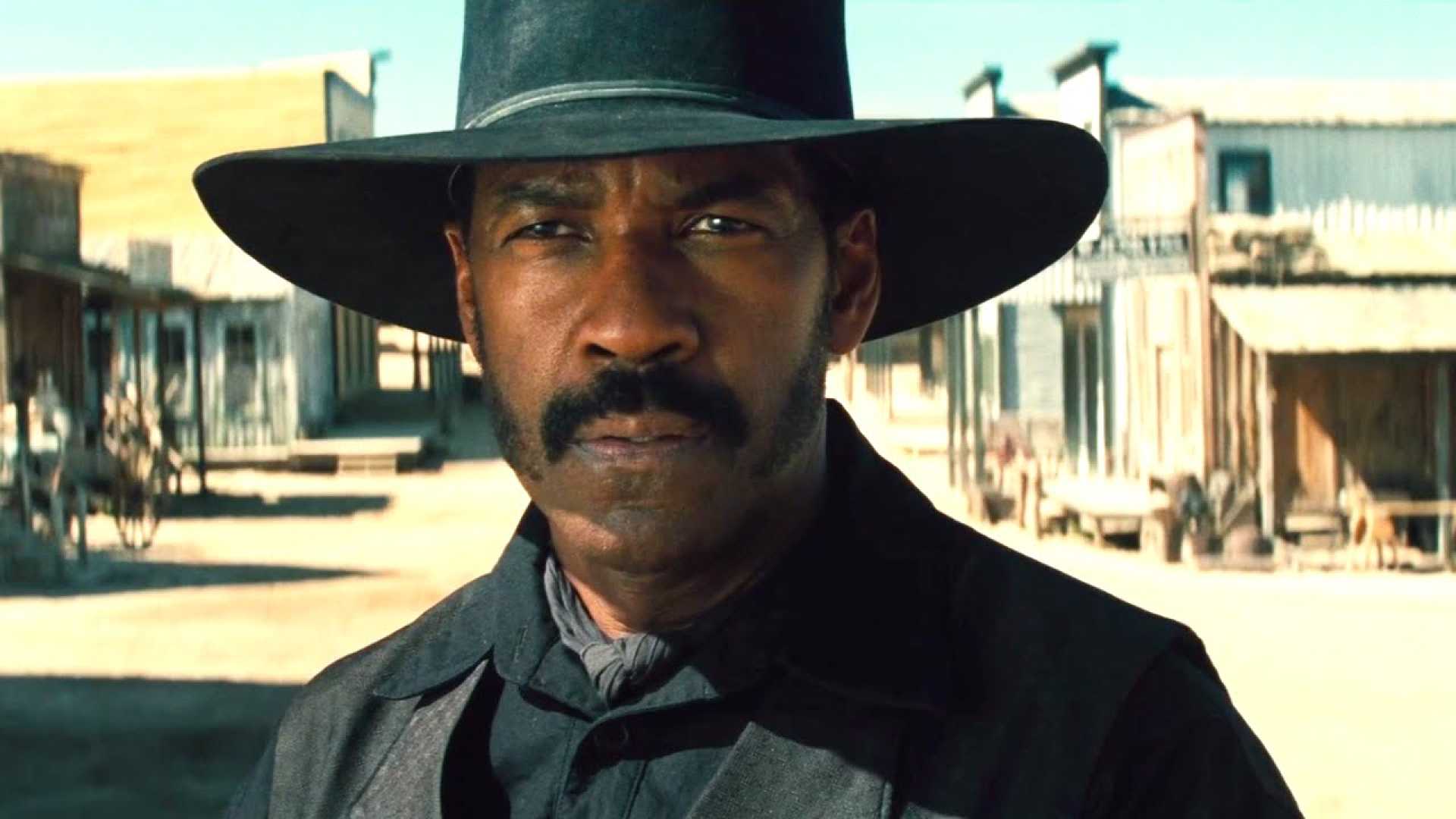Entertainment
Denzel Washington’s Selective Collaborations and Missed Opportunities in Hollywood

Denzel Washington, the celebrated Oscar-winning actor, has been known for his choosy approach toward film projects, favoring collaborations with trusted directors. This inclination became particularly evident at the turn of the 21st century, following his second Oscar win and first as a lead actor for his role in “Training Day,” directed by Antoine Fuqua. In the decade that followed, Washington frequently teamed up with familiar faces, often working with directors such as Spike Lee, Tony Scott, and Jonathan Demme, along with directing some projects himself.
This strategy appears to be a calculated effort by Washington to maintain his meticulously cultivated screen image, a process he began early in his career. Washington’s first feature film was the 1981 dramedy “Carbon Copy,” directed by Michael Schultz. Over the years, he has shown a preference for working with directors who have a proven track record, avoiding those without significant experience in feature films.
However, this cautious approach has not been without its drawbacks. One notable opportunity Washington missed was “Michael Clayton,” a 2007 legal thriller directed by Tony Gilroy. In hindsight, Washington expressed regret over passing on this project due to Gilroy’s inexperience as a director, despite Gilroy’s previous success as a screenwriter for films like “Dolores Claiborne” and “The Bourne Identity.”
Washington’s reluctance to work with inexperienced directors was rooted in a previous collaboration with James D. Parriott, a television director whose feature film “Heart Condition” in 1990 was not well received. This experience possibly reinforced Washington’s reservations about entrusting his projects to new directors.
When discussing the missed chance with “Michael Clayton,” Washington remarked in 2012 that the decision was fueled by nerves over Gilroy’s directorial inexperience. He acknowledged that rejecting the screenplay was a mistake, describing it as “the best material I had read in a long time.” Indeed, the film went on to receive critical acclaim and several Academy Award nominations.
Washington’s discerning nature, while occasionally causing him to pass on successful projects, has undoubtedly contributed to his sustained career success. Still, it highlights the challenges actors face when balancing risk with the potential for cinematic milestones. His story provides insight into the complex decisions behind the movie roles and the importance of both relationships and instincts in Hollywood.












